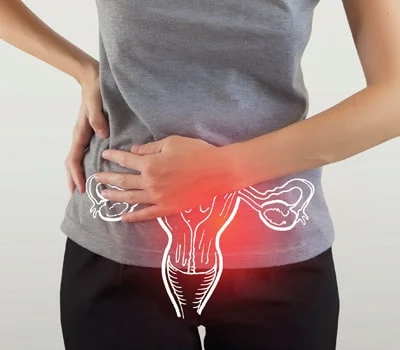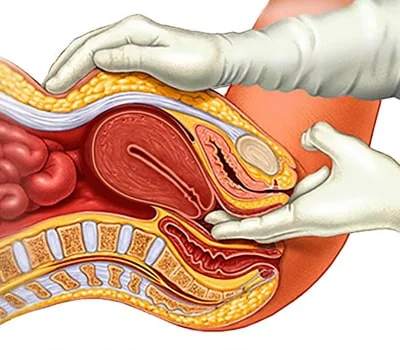All Departments
- PCOS Treatment
- STD Treatment
- Infertility Treatment
- Fibroid Treatment
- Endometriosis Treatment
- Ovarian Cyst Treatment
- Sexual Dysfunction
- Menopause Specialist
- Irregular Menstrual
- Laparoscopic Gynecologists
- Hysterectomy
- Urogynecologist
- Contraception
- Colposcopy
- AMH Testing
- O Shot
- G shot Treatment
- Vaginoplasty
- labiaplasty
- Clitoral Hoodectomy
- Vaginal Bleaching
- High-Risk Pregnancy
- Pregnancy Care
- Maternal Fetal Medicine
- Cesarean Delivery
- Painless Normal Delivery

PCOS Treatment
Overview
Polycystic ovary syndrome, commonly called PCOS, is a common endocrine disorder in women of reproductive age. This complex hormonal condition is developed due to the imbalance of hormones produced in the ovaries.
PCOS got its name from the characteristic cysts which form on the ovaries. If there are cysts on the ovaries, it is indicative of PCOS. Due to this, the ovaries develop multiple tiny follicles that cause interference with the normal reproduction process.
Causes of PCOS
Due to PCOS, a woman’s body releases excess levels of androgens (male hormones). The most common symptoms that almost every patient with PCOS reports include:
- Family history of hormonal imbalances
- Obesity
- Insulin-resistance
- Inflammation
- Environmental factors, such as diet and lifestyle
Symptoms of PCOS
Due to PCOS, a woman’s body releases excess levels of androgens (male hormones). The most common symptoms that almost every patient with PCOS reports include:
Acne and oily skin
Excessive weight gain
Baldness in the male-pattern
Reduced chance or lack of ovulation
Irregular periods – prolonged or delayed menstrual cycles
Heavy bleeding during the menstrual cycle
Abnormal hair growth on body parts, like the face, neck, chest, and abdomen
Sometimes PCOS symptoms start as early as puberty. For example, women may notice symptoms around their first menstrual period. But in most cases, the symptoms develop when one has gained a substantial amount of weight. Therefore, if you have noticed two or more of the above-listed symptoms, see a PCOS doctor for a timely diagnosis and treatment.
Untreated PCOS
If PCOS is left undiagnosed and untreated, it may lead to
Infertility – The ovaries do not function regularly, and the release of eggs is impaired.
Diabetes – Obese women with PCOS are more likely to develop type-II diabetes. The person develops insulin resistance, and they cannot use the insulin that regulates blood sugar.
Diagnosis of PCOS
Diagnoses PCOS by thoroughly evaluating the patient’s medical history, symptoms, and physical examination. Ultrasound of the ovaries and blood tests are also prescribed to check hormone levels.
Treatment of PCOS
Treatment for PCOS varies with age, overall health, and your plans of becoming pregnant in the future.
Lifestyle Modifications
Correcting your lifestyle with physical activities and dietary changes can help manage PCOS symptoms. The goal is to reduce weight which helps in improving insulin resistance and decreasing the risk of developing further complications. This will help your body consume insulin more efficiently, lower blood glucose levels, and may also help you ovulate.
Eat nutrient-rich food, vegetables, fruit, nuts, and legumes, along with good fats and low-fat dairy alternatives. Healthy habits help restore ovulation and make your body more responsive to fertility treatments.

Medications
If lifestyle changes are just not enough to manage PCOS symptoms, you may require certain medications to improve the condition and enhance the chances of conceiving a baby.
Surgery
If medication cannot help, recommends a minor surgical procedure called laparoscopic ovarian drilling (LOD) as a treatment option for women with fertility problems. Ovarian drilling is done through a small incision at the belly button under general anesthesia.
